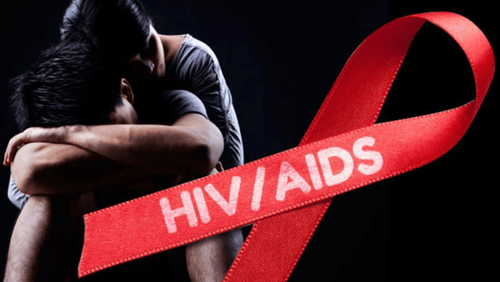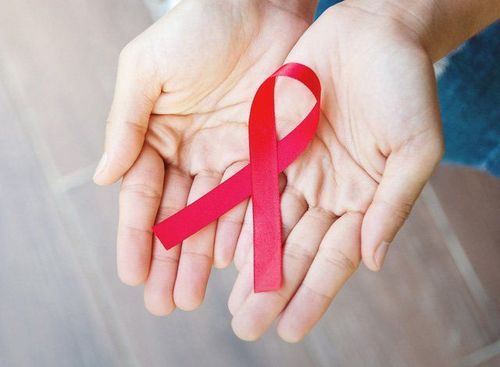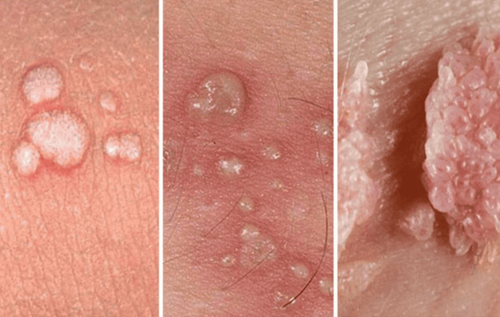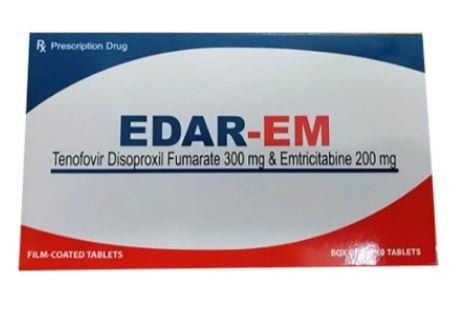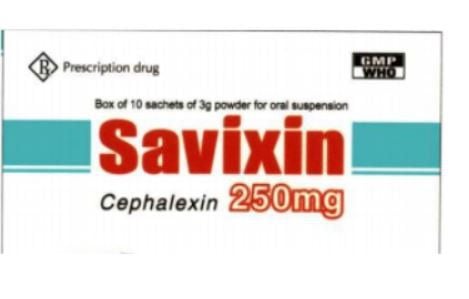This is an automatically translated article.
As an infectious disease that destroys the body's immune system, people with HIV are susceptible to opportunistic infections. The disease progresses through several stages, each with different characteristics. Early recognition of the symptoms of the disease makes the treatment and prevention of HIV infection more effective.
1. Behaviors at risk of HIV exposure
Anyone is at risk of HIV exposure if:
Gets stabbed by a needle during a medical procedure or when a blood test is taken; Being poked, stabbed by a scalpel or sharp instrument and created a bleeding wound; Injury through the skin from the fluid or blood vessels of an HIV patient being punctured; Fluid or blood of an HIV-infected person splashes on the damaged skin or into the eyes, nose, or throat; Having sex with multiple people and people living with HIV; Have sold sex in the past and have been diagnosed or treated for another STI. Diagnosed or treated for tuberculosis, hepatitis.

Nguy cơ phơi nhiễm HIV khi quan hệ tình dục với người mắc HIV
2. Natural course of HIV infection
You can tell if you have HIV by taking an HIV test or by the progression of HIV in stages. So how does HIV progress? Accordingly, HIV progresses in 3 stages.
2.1. Primary Infection After a healthy person comes into contact with the body fluids of an HIV-infected person through an abrasion or mucous membrane, the HIV virus enters and begins to multiply in large numbers. The development of HIV at this stage is the appearance of inflammation and swelling. But not everyone with HIV develops these symptoms. Conventional screening tests also do not identify the disease, so this stage is also called the "window" stage.
For about 2 to 4 weeks after exposure, people may experience flu-like symptoms, possibly a mild fever, about 37.5 - 38.5 degrees Celsius immediately after being infected. This symptom lasts about a month. Patients may also experience headache, weakness, and swollen glands, especially in the neck and groin, 2 to 4 weeks after infection. Patients feel extremely tired and sleepy, often experience muscle and joint pain or nausea and diarrhea due to an immune system response. HIV can be transmitted to others during this stage.
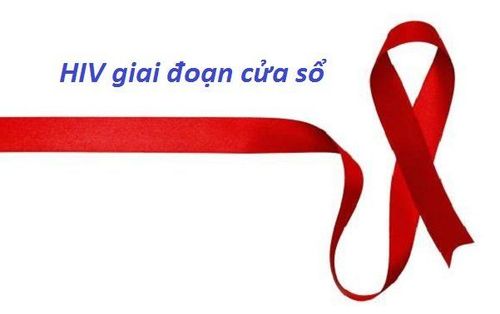
HIV giai đoạn “cửa sổ
2.2. Asymptomatic stage HIV development at this stage may not show any symptoms, but in fact the HIV virus continues to thrive, even if the patient himself has not had a blood test. I don't know I'm sick.
People who are discovered infected and use the right medicine can delay the progression of HIV at this stage for decades because the medicine can stop the virus from attacking the body.
However, for people who are not using HIV medicines, this phase can last 10 years or longer and the disease will progress more quickly.
HIV can still be transmitted to others during this period.
2.3. Symptomatic phase In these stages, the virus population continues to increase rapidly, attacking and destroying the cells of the strong immune system and weakening the body. This stage usually lasts no more than 2 years, there are some drugs that are used but only help prolong life for a short time, even can not completely cure the disease.
Symptoms of the disease at this stage include:
Weight loss but no cause can be found without blood tests. Patients may experience mouth ulcers, itchy papules, and recurrent upper respiratory tract infections such as sinusitis or ear infections. Swollen lymph nodes all over the body with fever. Diarrhea persists for more than a month. The immune system is almost completely destroyed, so the patient easily dies from opportunistic infections such as meningitis, pneumonia, enteritis or lymphoma... As the disease has no specific medicine, the treatment is only prolonging the patient's life expectancy, so understanding the stages and progression of HIV helps actively support in finding the right direction and treatment for the patient.
Vinmec International General Hospital offers a Package of Examination and Screening for social diseases to help customers detect diseases early and have effective treatment and prevent dangerous complications. The screening package for social diseases at Vinmec is for all ages, both men and women.
To register for examination and treatment at Vinmec International General Hospital, you can contact Vinmec Health System nationwide, or register online HERE.
MORE:
3 routes of transmission of HIV HIV Symptoms by stages What are sexually transmitted diseases?




